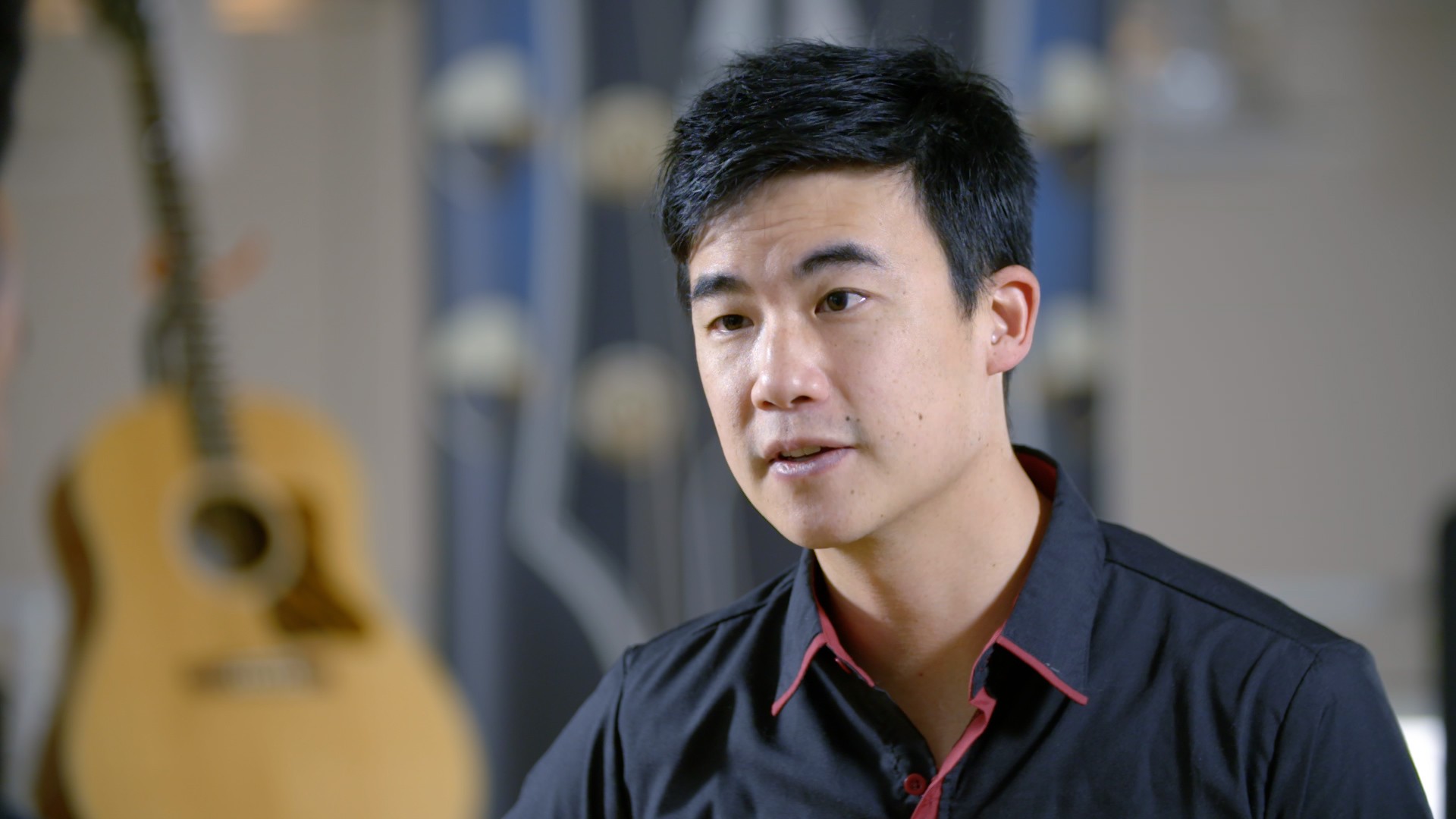“Big Pecker Brand” T-shirts, a cartoon strip called “Twatty Girl,” and the lesbian biker group “Dykes on Bikes” — these lurid names are just some that are now eligible for U.S. trademarks after a Monday ruling by the Supreme Court found that potentially offensive trademarks are protected by the First Amendment’s free speech clause. So is the trademark for the Asian-American band The Slants, who were at the center of the case.The decision in Matal v. Tam (formerly Lee v. Tam) means that a separate pending legal battle over the trademark for the NFL’s Washington Redskins can pick up again.In a complex, multipart decision with which all of the justices (except Neil Gorsuch) concurred at least in part, Justice Samuel Alito argued that the government has no business regulating what is and is not considered offensive. To do so, he wrote, “is viewpoint discrimination in the sense relevant here: Giving offense is a viewpoint.”Viewpoint discrimination is the principle that the government cannot discriminate against citizens based on their views. It’s the linchpin of constitutional free speech, and Monday’s decision extended that idea to trademarks.“In the realm of trademarks, the metaphorical marketplace of ideas becomes a tangible, powerful reality,” Alito wrote. “To permit viewpoint discrimination in this context is to permit government censorship.”This stance bodes well for the Redskins, whose registration on their trademark depicting a Native American with feathers in his hair was canceled in 2014 after decades of use. The football team’s legal challenge, currently on hold in a Virginia appeals court, will likely be bolstered by the ruling in Tam, since the Redskins’ lawyers could argue that any effort to permanently revoke the emblem would amount to government censorship.Tam was brought by the U.S. Patent and Trademark Office — headed until June by lawyer Michelle Lee — which wanted the court to uphold its decision to deny a trademark application filed by Simon Shiang Tam, the frontman of an Asian-American rock band called The Slants.The PTO denied The Slants’ application, saying the band’s name had the potential to disparage a large number of Asian-Americans and violated a federal trademark gold standard called the Lanham Act, which bars any moniker that “may disparage … persons, living or dead, institutions, beliefs, or national symbols, or bring them into contempt, or disrepute.” It also rejects trademarks that are “immoral, deceptive, or scandalous.”The Slants said their name was a way to reclaim an offensive word as a badge of ethnic pride. In January, correspondent Dexter Thomas spoke with the band for VICE News Tonight: In a post on The Slants’ Facebook page shortly after the decision was released, Tam praised the Court’s decision, writing, “Language and culture are powerful forms of expression and we are elated to know that the Supreme Court of the United States agrees. Irony, wit, satire, parody … these are essential for democracy to thrive, these are weapons that neuter malice.”But contrary to the questions at play in the Redskins’ case, Tam also praised the decision specifically as a win for minorities, saying, “We know that to truly protect the most marginalized members of society, we absolutely must protect and expand the First Amendment.”The court had never before issued a ruling on the 1946 Lanham Act, which gave the PTO wide-ranging discretion to define the rule’s scope.The law also gives the government authority to deny “deceptive” trademarks — for example, a clothing brand unaffiliated with Jay-Z and Beyoncé but called Blue Ivy Carter after the superstar couple’s young daughter. In 2012, a fashion designer filed a trademark application for that name but withdrew the papers shortly before his request was denied. Monday’s ruling in favor of The Slants would have protected the designers, since the name Blue Ivy would have been an exercise of free speech.
In a post on The Slants’ Facebook page shortly after the decision was released, Tam praised the Court’s decision, writing, “Language and culture are powerful forms of expression and we are elated to know that the Supreme Court of the United States agrees. Irony, wit, satire, parody … these are essential for democracy to thrive, these are weapons that neuter malice.”But contrary to the questions at play in the Redskins’ case, Tam also praised the decision specifically as a win for minorities, saying, “We know that to truly protect the most marginalized members of society, we absolutely must protect and expand the First Amendment.”The court had never before issued a ruling on the 1946 Lanham Act, which gave the PTO wide-ranging discretion to define the rule’s scope.The law also gives the government authority to deny “deceptive” trademarks — for example, a clothing brand unaffiliated with Jay-Z and Beyoncé but called Blue Ivy Carter after the superstar couple’s young daughter. In 2012, a fashion designer filed a trademark application for that name but withdrew the papers shortly before his request was denied. Monday’s ruling in favor of The Slants would have protected the designers, since the name Blue Ivy would have been an exercise of free speech.
Advertisement
Advertisement
